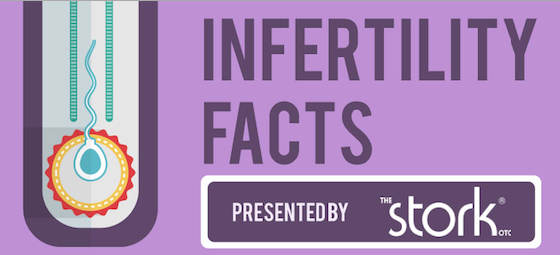Polycystic ovarian syndrome (PCOS) and insulin resistance don't seem at first blush to have anything in common. But they are often connected, and what you eat and drink can have a significant effect on both of these conditions.
Polycystic ovarian syndrome, also known as polycystic ovary syndrome, can hinder conception. It's not unusual for ovulation to be disrupted by hormone imbalance.
Ovarian follicles can malfunction. Eggs aren't released, remaining in the ovaries, possibly forming cysts. The entire ovary can ultimately be covered with cysts.
Too much androgen is produced, causing the menstrual problems along with weight gain, acne, hair growth in new places, as well as cysts that may rupture.
Up to 30 percent of all women with PCOS are insulin resistant. Insulin resistance results when your body can't make full use of its insulin, a hormone that helps control blood sugar (glucose) levels.
Insulin helps glucose move from the bloodstream to all tissues and cells. Insulin is also called the fat hormone, because it is involved in the storage of fat.
On the face of it, PCOS is "just" a hormone problem but it's more than that. It's also a metabolic disorder.
Women with PCOS are very likely also insulin resistant, and their bodies have trouble utilizing energy properly.
Their bodies compensate for this by increasing insulin production. The result is quick and easy weight gain and a hard time losing the extra pounds.
As weight increases, so do the PCOS symptoms. And since many women in this situation don't know this information, they continue with the same dietary habits, getting fatter and sicker.
Fortunately, a change of diet can go a long way to breaking this cycle.
Women with PCOS tend to do better on lower carbohydrate diets. Refined carbohydrates in particular cause glucose levels to spike, stimulating higher insulin levels, and greater fat storage.
Focusing on foods low on the glycemic index helps change all this.
Avoid processed and refined foods, sugar, artificial sweeteners and fruit juice which encourage insulin resistance. Plenty of fresh vegetables and, for those whose bodies can handle grains, go for whole grains as they don't hit the insulin button as hard as refined grains will.
Be aware though, that often insulin resistance and gluten sensitivity go hand in hand. In other words, women with PCOS may also be unable to handle grains.
Lots of rest and sleep will help the body regain its overall balance and well being.
Resources:
Insulin Resistance: A Role in PCOS
http://pullingdownthemoon.com/blog/2010/09/07/insulin-resistance-a-role-in-pcos
The light on PCOS, Weight Gain and Diabetes
http://www.holistic-online.com/remedies/weight/A2005/weight_cederquist-the-light-on-PCOS.htm
PCOS Diet and How to Get pregnant with PCOS
http://www.natural-health-for-fertility.com/pcos-diet.html
PCOS and Insulin Resistance
http://www.sharedjourney.com/articles/insulin.html
Insulin Resistance in PCOS
http://www.ovarian-cysts-pcos.com/insulin-resistance.html
Visit Jody's website and blog at http://www.ncubator.ca and http://ncubator.ca/blogger






Add a CommentComments
There are no comments yet. Be the first one and get the conversation started!